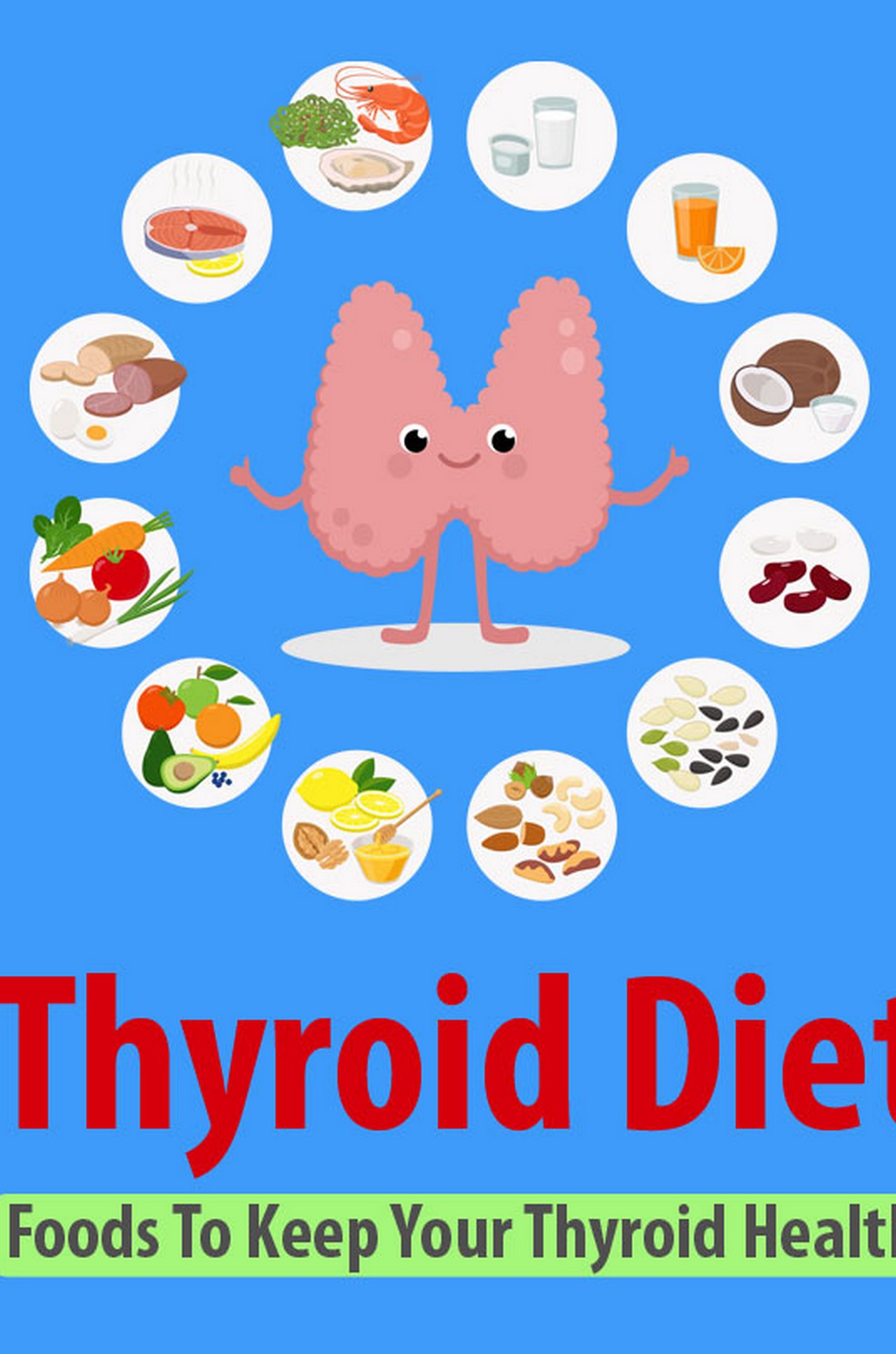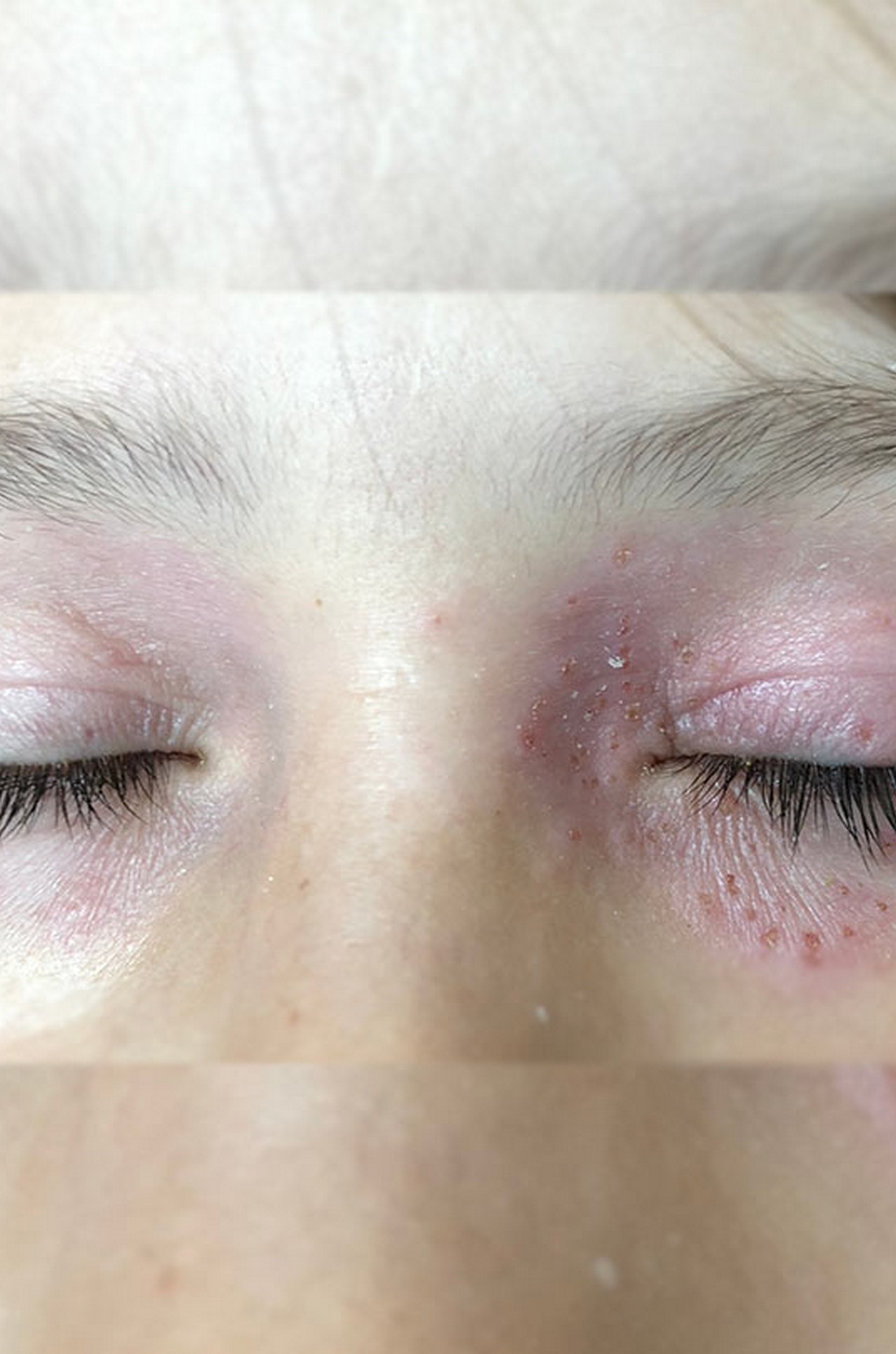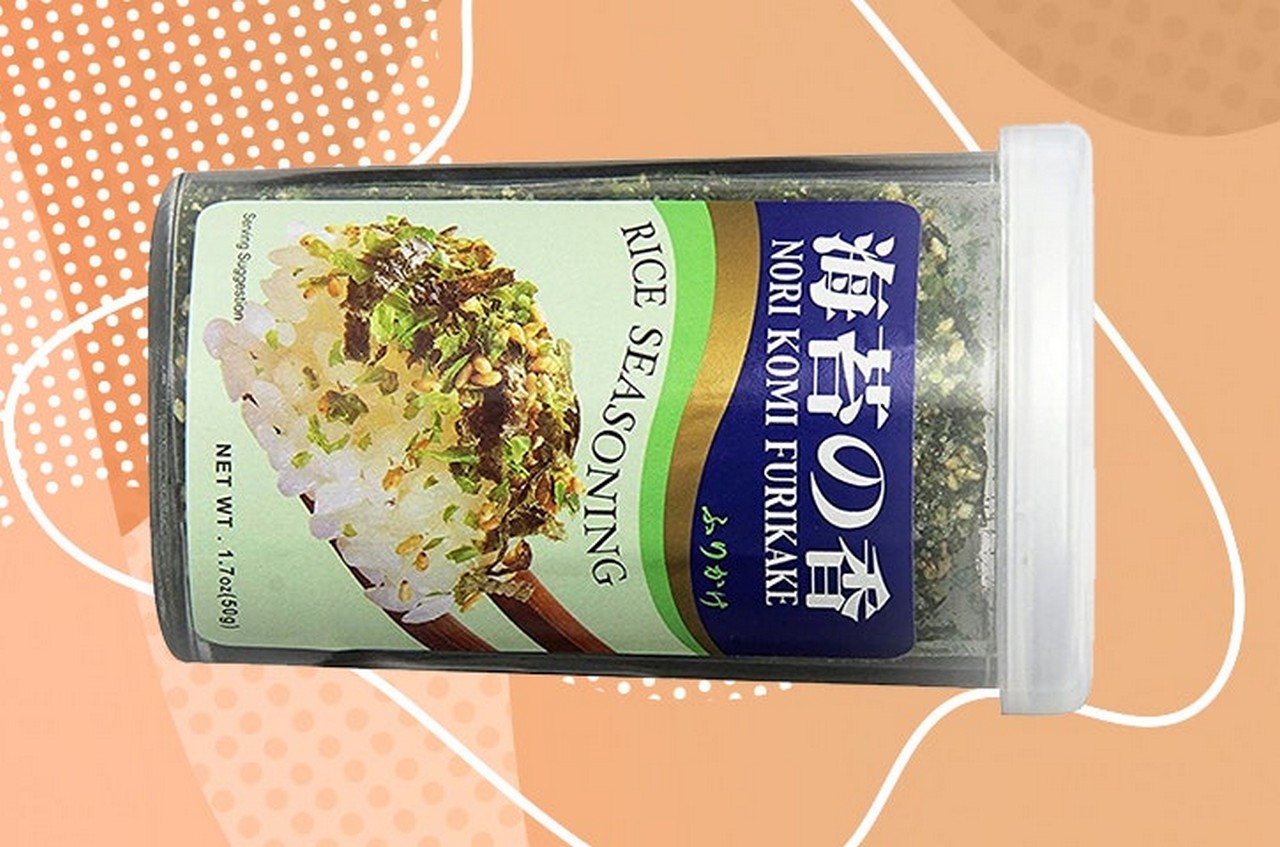
A thyroid diet is crucial for normalizing thyroid function. The thyroid gland, situated below Adam’s apple, secretes hormones that regulate development, growth, sleep, and menstrual cycle (1). Sometimes, the thyroid can become underactive (hypothyroidism) or overactive (hyperthyroidism). This may cause sudden weight loss or weight gain, stunted growth, depression, irregular periods, and hinder brain development (2).
Therefore, it is recommended to go on a thyroid diet. This post tells you what to eat if you have hypothyroidism or hyperthyroidism, along with sample diet plans for each. Scroll down!
In This Article
Hypothyroidism Diet – Foods To Eat
Hypothyroidism can lead to a disrupted menstrual cycle, weight gain, constipation, goiter, depression, dry skin, hair fall, muscle fatigue, slow heart rate, high blood cholesterol, and a puffy face. Apart from medicines, you can consume these foods to boost your thyroid function.
1. Iodized Salt
According to the American Thyroid Association, iodine is needed for the production of the thyroid hormone. Iodine deficiency can lead to hypothyroidism and goiter (3). Since your body cannot produce iodine naturally, you should eat foods that contain a good amount of iodine. And the best way to do that is to consume iodized salt.
2. Brazil Nuts
iStock
Brazil nuts are a great source of the mineral selenium that helps catalyze the conversion of the inactive thyroid hormone to the active form. Scientists have found that Brazil nut supplementation improved thyroid hormone levels (4).
Selenium also helps reduce inflammation and inhibits cancer cell proliferation. You can consume up to 8 Brazil nuts per day. Do not eat too many as it may lead to nausea, diarrhea, and vomiting.
Related: 12 Best Benefits Of Brazil Nuts, How To Eat, & Side Effects
3. Fish
Fish are rich in omega-3 fatty acids and selenium (5). Omega-3 fatty acids help lower LDL cholesterol, and selenium keeps your thyroid hormone kicking (6), (7). Consume salmon, sardines, and tuna to counteract hypothyroidism. You can have 3-5 oz fish every day. Make sure not to overcook the fish.
4. Bone Broth
iStock
By consuming bone broth, you can kill two birds with one stone. First, bone broth contains the amino acids glycine and proline that help repair the digestive lining and improve hypothyroidism. Second, hypothyroidism can fracture your bones and having bone broth can help strengthen your bones (8).
Consume a cup of bone broth for lunch or dinner. Toss in some vegetables. Make sure to cook the vegetables properly. Raw cruciferous vegetables like cabbage, cauliflower, turnip, and brassica seeds contain goitrin, an active goitrogen that reduces thyroid hormone secretion (9). However, proper cooking destroys the goitrogen factor.
Related: Health Benefits Of Bone Broth And Its Side Effects
5. Vegetables And Fruits
Green leafy vegetables, colorful vegetables, and fruits are great sources of minerals, vitamins, antioxidantsi XA man-made or natural substance that resists cell damage or slows down the process of damage. Fruits and vegetables contain antioxidants. , and dietary fiber. However, you should be careful if you have hypothyroidism because a few veggies and fruits can hinder the production of the thyroid hormones and are known as goitrogens.
Vegetables such as cauliflower, spinach, kale, broccoli, cabbage, radish, sweet potato, peach, avocado, and mustard greens are goitrogens (10). However, cooking these veggies and fruits properly can render the goitrogens inactive.
6. Seaweed
iStock
Seaweed like nori, kelp, and kombu help treat hypothyroidism as they are great sources of iodine, B-vitamins, riboflavin, and pantothenic acid. They absorb more iodine from the sea and also contain an amino acid called tyrosine, which is the most important amino acid to form thyroid hormones (11).
They help upregulate the thyroid hormone production, uplift mood, prevent lethargy, and improve brain function. You can have up to 150 mcg of seaweed per day.
Stylecraze Says You can add seaweed to your soups, use dried seaweed as a garnish, or use the seaweed sheets as wraps to up your iodine intake.
7. Dairy
Low-fat milk, yogurt, and cheese are rich in iodine and selenium that help boost thyroid hormone production and activation. They are also rich in the amino acid tyrosine that helps combat the symptoms of hypothyroidism like depression and fatigue (12).
Have a glass of milk, half a cup of yogurt, and ⅙ cup of cheese per day to increase the thyroid hormone levels.
8. Beef And Chicken
Your thyroid function can also be accelerated by providing your body with the required amounts of zinc. It is mostly found in beef and chicken and can help convert triiodothyronine (T3) to thyroxine (T4). This conversion is of great importance because T3 is the inactive form while T4 is the active form of the thyroid hormone. Consume at least 3 oz of chicken breast or lean cuts of beef to boost thyroxine production. Zinc supplementation also improves the hormonal balance (13).
9. Eggs
Eggs, especially the yolk portion, are a great source of iodine and can help alleviate hypothyroidism (14). Include whole eggs 2-3 times in a week in your diet, depending on your lipid profilei XA common blood test to check the amount of cholesterol and triglycerides in your blood. It helps detect any irregularities related to cardiovascular diseases. .
Did You Know? Boiling eggs for more than 10 minutes can change the egg protein structure and reduce its iodine content (14). Related: Benefits Of Duck Eggs, Nutrition, Side Effects, And Recipes
10. Shellfish
iStock
Shellfish like shrimp and lobster are packed with iodine and zinc. And, as you know, iodine and zinc can help boost the production of the thyroid hormone. Consume at least 3 oz shellfish to improve your thyroid levels (15).
11. Extra Virgin Coconut Oil
Virgin coconut oil contains high levels of lauric acid, a medium-chain triglyceride that is converted into monolaurin and has antimicrobiali XAn agent produced by a living body that kills or stops the growth of fungi, bacteria, algae, and parasites. and anti-inflammatoryi XAny substance that stops or decreases inflammation. They also help reduce pain, redness, tenderness, and fever. properties and improves metabolismi XThe complex process of chemical reactions that change food into energy in our bodies in order to sustain life. (16).
Add 1-2 tablespoons of extra virgin coconut oil to your smoothie or use it as a salad dressing.
12. Flax Seeds
iStock
Flax seeds are a great source of omega-3 fatty acids, zinc, selenium, and iodine (17). Flax seeds are also good for weight loss (18).
Add 2-3 tablespoons ground flax seeds to your smoothie or breakfast cereal, or use flax seed oil for cooking.
Related: 11 Health Benefits Of Flaxseeds, Nutrition, And Side Effects
13. Legumes
Legumes are rich in iodine and zinc and are gluten-free (19). You can consume lentils, beans, bean sprouts, chickpeas, etc. to boost your thyroid gland hormone secretion.
14. Fiber-Rich Foods
Add fiber-rich foods to your diet because if you have hypothyroidism, chances are you also experience indigestion and constipation. Fiber helps improve bowel movement and digestion (20).
Include foods such as papaya, cooked green leafy veggies, and gluten-free whole grains to improve your digestion. Here’s a list of high-fiber foods for weight loss.
15. Water
Water helps hydrate your body and flush out toxins (21). Drink 3-4 liters of clean water per day to help your cells function properly. Though water may not directly help you tackle hypothyroidism, drinking enough of it can help your organs function properly.
These were the 15 foods you should consume if you have hypothyroidism. Here’s your diet chart.
Related: 13 Benefits Of Alkaline Water And How To Prepare It At Home
Sample Hypothyroidism Diet Plan
Note:Consult your doctor before starting this diet plan.
| Meals | What To Eat |
|---|---|
| Early Morning (7:00 – 7:30 am) | 1 cup warm water with juice of half a lime + 1 Brazil nut + Mixed seeds mixture |
| Breakfast (8:15 – 8:45 am) | 1 boiled egg + oatmeal with apple and flax seed powder + 3 Brazil nuts |
| Lunch (12:00 – 12:30 pm) | Seaweed salad with 1 tablespoon extra virgin coconut oil or shrimp lettuce wrap with salsa dip |
| Evening Snack (4:00 pm) | 1 peach + 1 cup yogurt bowl |
| Dinner (7:00 pm) | 1 cup bone broth/grilled salmon/lentil soup with thoroughly cooked vegetables |
Avoid consuming the foods mentioned below.
Foods To Avoid To Treat Hypothyroidism
- Raw cruciferous vegetables like cabbage, cauliflower, turnip,etc.
- Gluten-containing foods.
- High-sugar foods as uncontrolled insulin spikes deteriorate the hypothyroidism condition.
- Junk food and processed foods, like deep-fried foods, batter-fried foods, potato wafers, French fries, etc. These foods have a truckload of sodium but no iodine or nutritional value. They will only increase the cholesterol levels and take a toll on your health.
- Green tea. There are many studies that have confirmed that green tea possesses anti-thyroid properties and consuming excessive green tea can cause hypothyroidism (22).
If you have an overactive thyroid, you must go on a hyperthyroidism diet. Here’s a list of foods you can eat:
Hyperthyroidism Diet – Foods To Eat
Hyperthyroidism leads to weight loss, increased heart rate, anxiety, irritability, irregular periods, bulging eyes, insomnia, difficulty in concentrating, increased hunger, and moist skin (23). Apart from your doctor prescribed medicines, certain foods can also help treat hyperthyroidism. Here’s the list.
1. Raw Fruits And Vegetables
Raw cruciferous vegetables or leafy greens are goitrogens, i.e., they inhibit the production of the thyroid hormones (9). This is exactly what you need as your thyroid is overactive.
Consume broccoli, spinach, kale, bok choy, cabbage, lettuce, Chinese cabbage, carrot, cauliflower, radish, collard greens, rocket spinach, Brussels sprouts, bell pepper, tomato, apple, berries, kiwi, orange, lemon, grapefruit, etc.
2. Millets And Brown Rice
Millets and brown rice also have high goitrogenic activity (9). They are a great source of dietary fiber, vitamins, and minerals. You can consume ½-1 cup brown rice or millets per day to suppress the overproduction of the thyroid hormone.
3. Lean Proteins
Have chicken breast, fish, mushroom, soy chunks, and legumes to help build lean muscle mass. Hyperthyroidism leads to an increased appetite and rapid weight loss. Since proteins take much longer to digest, they will keep you full for a longer duration (24).
4. Herbs
Basil, oregano, and rosemary are anti-inflammatory in nature and can help alleviate the problem of hyperthyroidism (25).
These are the four main food groups that can act as a dietary aid to treat hyperthyroidism. Here’s your diet chart.
Sample Hyperthyroidism Diet Chart
Note:Consult your doctor before starting this diet. May vary from person to person as per the activity level.
| Meals | What To Eat |
|---|---|
| Early Morning (7:00 – 7:30 am) | 2 cups room-temperature water |
| Breakfast (8:15 – 8:45 am) | Tomato+apple+grapefruit smoothie and 2 boiled eggs |
| Mid-Morning (10:30 am) | 1 medium cup baby carrots with a dash of lime juice and sea salt |
| Lunch (12:30 – 1:00 pm) | Tuna/chicken/mushroom salad with spinach, asparagus, kale, tomato, and tofu |
| Evening Snack (4:00 pm) | 370 ml watermelon juice + 20 kernels of in-shell pistachios |
| Dinner (7:00 – 7:30 pm) | Kidney bean chili or grilled fish with herbs and veggies |
Now, let’s take a look at the foods to avoid if you have hyperthyroidism.
Foods To Avoid To Treat Hyperthyroidism
- Iodine-, zinc-, and selenium-rich foods, such as shellfish, oysters, seaweed, eggs, and Brazil nuts
- Artificial sweeteners
- Milk and milk products
- Alcohol and aerated drinks
- Packaged or artificially flavoredi XNon-natural flavors that are produced in a lab to emulate and provide the taste of natural ingredients. and colored foods
Other Useful Tips
- Eat every 2 hours.
- Consume fiber-rich, green, leafy veggies.
- Avoid drinking water immediately after breakfast, lunch, or dinner.
- Consume vitamin and mineral supplements.
- Consume adequate protein. You can consult a registered dietitiani XAn expert with specialized training in foods and nutrition who assesses patients’ health needs and curates a customized diet plan. in this regard.
- Get your daily dose of healthy fats by consuming flaxseeds, olive oil, flaxseed oil, etc.
A thyroid diet needs to be designed keeping in mind the type of thyroid condition you have, like hypothyroidism (inactive thyroid) and hyperthyroidism (overactive thyroid). Hypothyroidism can disrupt the menstrual cycle and cause weight gain and constipation. Consume foods rich in iodine, selenium, zinc, and other essential nutrients. Cook vegetables like spinach, cauliflower, and kale properly as they contain goitrogens that prevent thyroid hormone production. However, hyperthyroidism, which causes weight loss and increased heart rate, can be managed by eating the same vegetables. Consult a dietitian and get a customized diet chart depending on your health condition.














